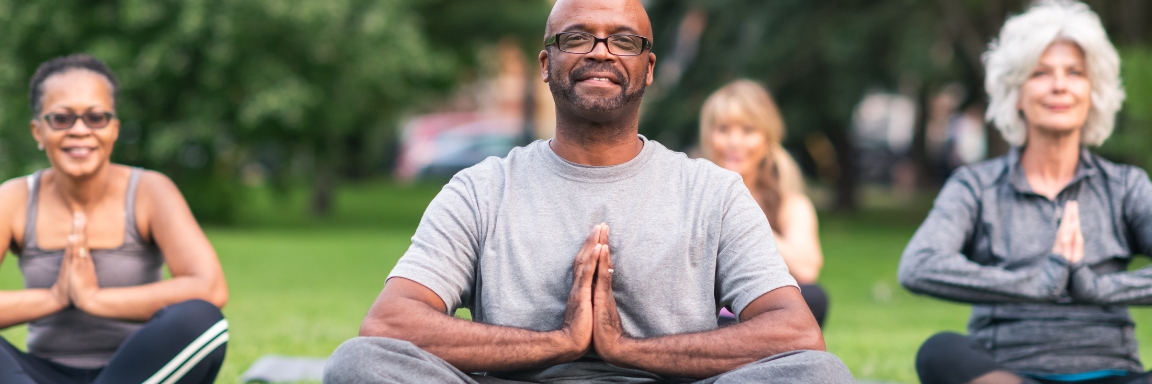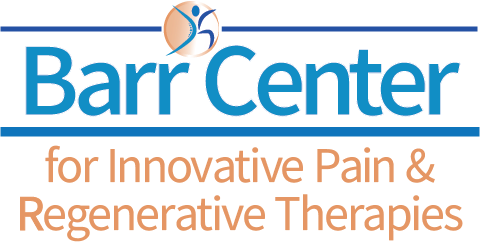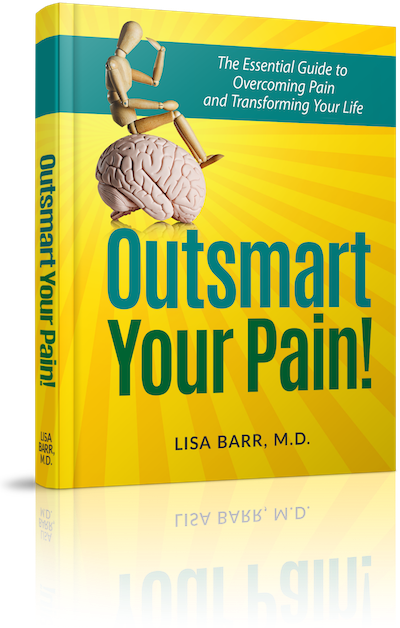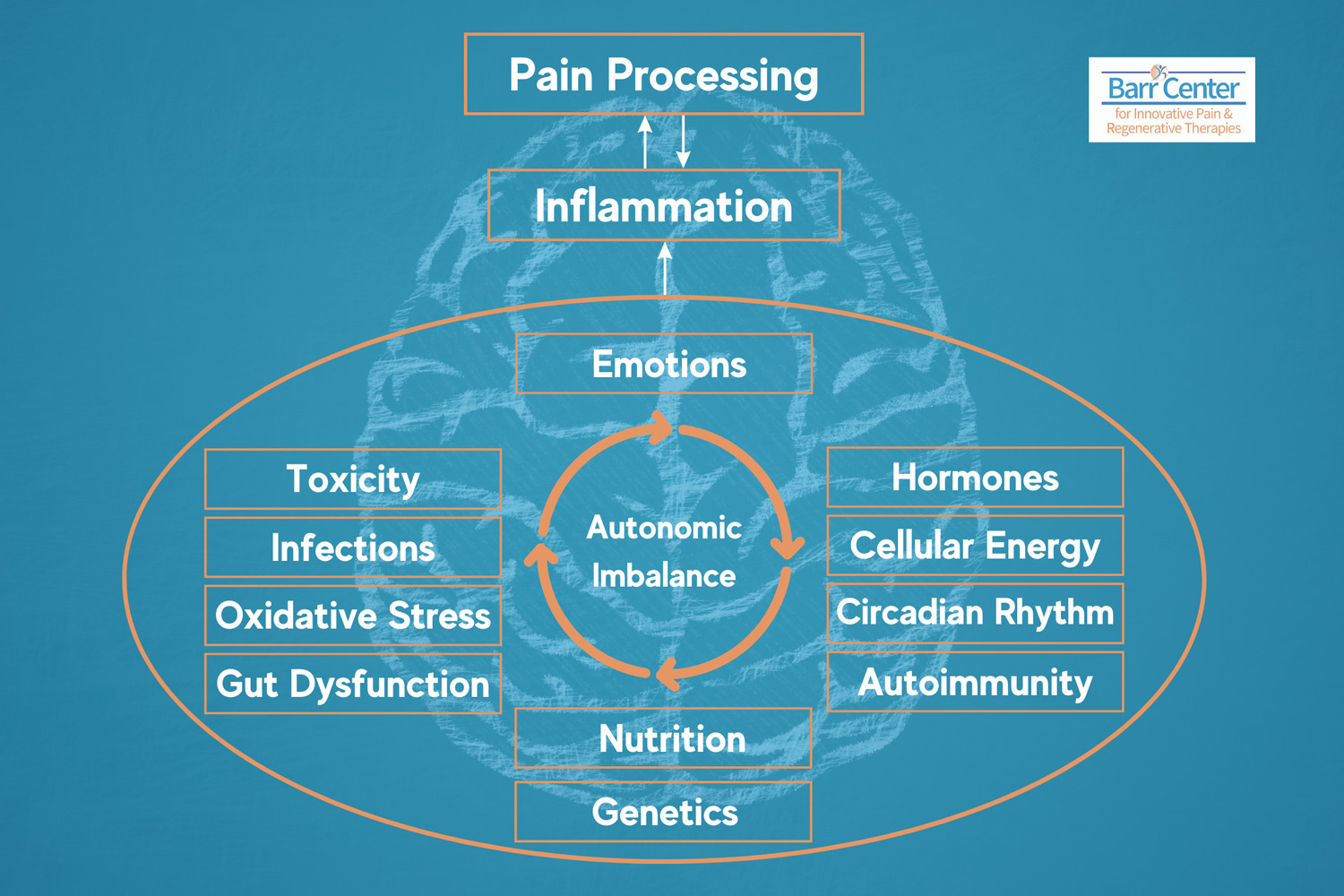
Whether it’s from everyday deadlines, financial struggles or health concerns, stress shows up often in life. And your body reacts to it: your heart rate increases, your blood vessels narrow—and over time, these little blows can add up and do damage to your health, particularly your heart. With chronic stress, you’re more likely to have high blood pressure, heart disease, diabetes, obesity and poor sleep. Even other parts of your body – from your lungs to your gut – can take a hit.
But while you can’t always limit the amount of stress in your life, you can work on changing how you respond to it. Just like the automatic “fight or flight” response that kicks in when you’re scared – your muscles tense, heart rate increases, and brain becomes more alert – your body also has a built-in, healthy relaxation response. When that’s triggered, the opposite happens; your breathing and heart rate slow down, and your blood pressure decreases.
As I discuss in my book Outsmart Your Pain, The Essential Guide to Overcoming Pain & Transforming Your Life, recognizing when you are stuck or triggered into fight or flight is key to optimizing health, reducing oxidative stress and reducing inflammation and pain. Learning to manage your autonomic nervous system, which controls our stress response, is a life skill that can only improve your life experience on all levels: mental, physical, emotional and spiritual.
Ways to Manage Stress
Luckily, with practice, you can learn to recognize when a stress response is triggered and quickly take steps to reduce your response. Try the following techniques on your own or find a teacher or class to help you get started. Don’t get discouraged if you don’t get the hang of it quickly. And if one approach doesn’t work for you, try something new.
You can learn to de-stress in other ways. Calming cream, available here at The Barr Center for Pain and Regenerative Therapies, is a great all-natural tool that can be used to start the relaxation process. It’s a simple blend of amino acids that work topically. We even use it in the office for people who are anxious before a procedure.
Get Moving and Eat a Healthy Diet
Getting your mind and body to a place of calm doesn’t always mean being still. Other healthy ways to manage stress include taking a yoga or tai chi class, talking to a professional counselor, joining a stress management program or an art class, or meeting up with friends for a brisk walk. Being in nature can be very soothing for some people.
Combining de-stressors like these with other healthy habits can go a long way toward strengthening your heart.

Heart-healthy Habits:
Taking care of your heart health is a lifelong journey. But at a time when the risk of severe illness from COVID-19 remains higher in people with poor cardiovascular health, learning new ways to make your heart strong has become even more important.
You can learn more about heart health from the National Heart, Lung, and Blood Institute by visiting www.nhlbi.nih.gov. If you need help finding additional resources to help you cope with stress, talk to a healthcare provider. Seek urgent care if you can’t cope at all or have suicidal thoughts.
Resources are also available at nimh.nih.gov/health/find-help.










